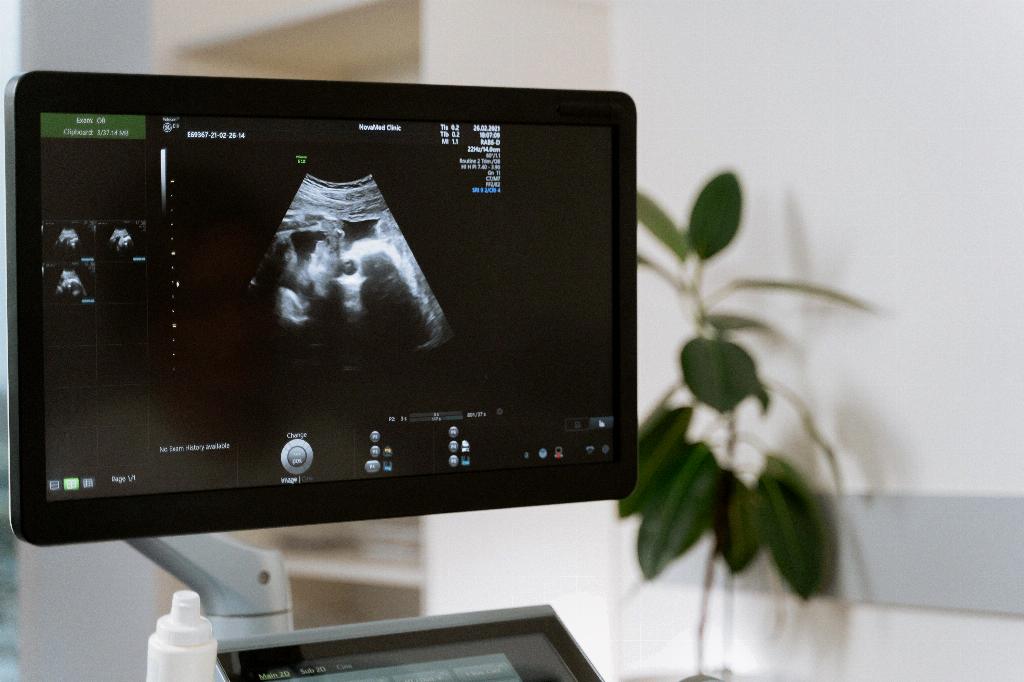Recovering from a C-section is a unique process that requires careful attention and consideration. While many new mothers may be eager to resume their daily activities, including driving, it’s essential to prioritize your health and well-being during this critical period.
Typically, it is recommended that individuals who have undergone a C-section should refrain from driving for at least 2 weeks following the delivery. This timeframe allows your body to heal properly and reduces the risk of complications that may arise from engaging in strenuous activities too soon.
Driving involves various physical movements, such as turning the steering wheel, using pedals, and sitting for an extended period, which can strain the abdominal muscles and incision site. It’s crucial to give your body ample time to recover before resuming driving to avoid any potential injury or setbacks in your healing process.
Each individual’s recovery process is unique, and factors such as the type of C-section, any complications during surgery, and your overall health can influence how quickly you can return to driving. Therefore, it is crucial to consult with your OB-GYN before making any decisions about when to start driving again.
Your OB-GYN is familiar with your medical history, the specifics of your C-section procedure, and can provide personalized recommendations based on your individual circumstances. They can assess your healing progress, discuss any concerns or limitations you may have, and determine the most appropriate timeline for you to resume driving safely.
While it may be tempting to push yourself to resume your normal activities sooner, it’s essential to listen to your body and prioritize your recovery. Driving too soon after a C-section can not only put you at risk of injuring yourself but also hinder the healing process, potentially leading to complications that may prolong your recovery time.
Getting behind the wheel before your body is ready can cause discomfort, pain, and even delay the closure of your incision, increasing the likelihood of infections or other complications. It’s crucial to be patient with yourself and allow your body the time it needs to heal properly before returning to activities like driving.
Remember that your health and well-being should always come first, especially during the delicate postpartum period. It’s okay to ask for help from friends, family, or healthcare providers with transportation needs while you focus on your recovery and adjusting to life after a C-section.
Additionally, taking the time to rest, eat well, stay hydrated, and follow your healthcare provider’s recommendations can support your body’s healing process and promote a speedier recovery. Prioritize self-care and allow yourself the space to recover fully before taking on additional responsibilities like driving.
Ultimately, the decision of when to start driving again after a C-section should be guided by your OB-GYN’s recommendations, your own comfort level, and your body’s readiness. It’s essential to be mindful of your physical limitations, communicate openly with your healthcare provider, and give yourself the time and space needed to heal properly.
By being patient, listening to your body, and seeking guidance from your OB-GYN, you can ensure a smooth and safe recovery process after a C-section. Remember that healing takes time, and it’s okay to prioritize your well-being as you navigate this critical period in your postpartum journey.

